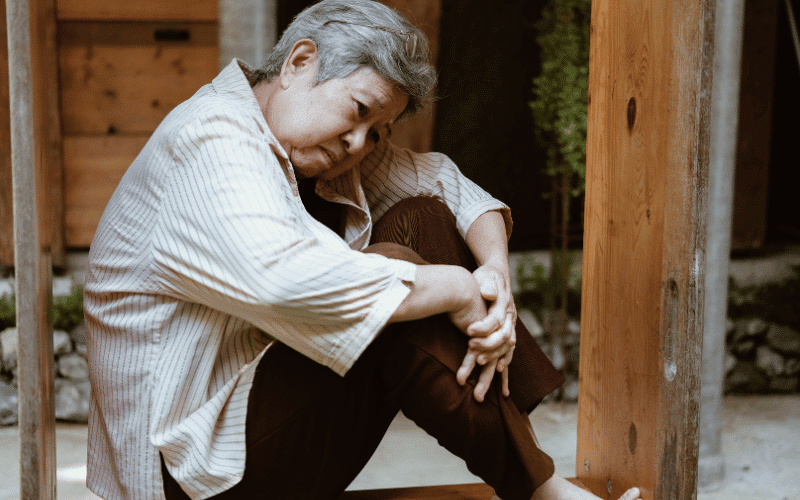Symptom 11: Fatigue and Energy Fluctuations in Parkinson’s Disease

Energy is a resource we often take for granted, but for those living with Parkinson’s disease, it’s a precious commodity that can fluctuate significantly. Fatigue is a common symptom experienced by individuals with Parkinson’s, and it can often be one of the most challenging aspects to manage.
Fatigue in Parkinson’s is a pervasive, persistent feeling of tiredness or exhaustion that isn’t necessarily tied to physical activity. It can be unpredictable, with individuals feeling reasonably energetic one moment and overwhelmingly tired the next. It’s a symptom that’s multidimensional, encompassing both physical and mental aspects of health.
Physically, the energy required to manage motor symptoms such as tremors, stiffness, and slow movements can contribute to feelings of fatigue. Cognitive challenges, like difficulty concentrating or slowed thinking, can also be mentally exhausting.
The impact of fatigue on daily life can be significant. Everyday activities, from personal care tasks to social engagements, can become daunting endeavors. This can lead to a reduction in physical activity and social isolation, both of which can further exacerbate fatigue.
Furthermore, the unpredictable nature of fatigue can be particularly frustrating for individuals with Parkinson’s disease. This unpredictability can make planning activities difficult and can often lead to feelings of loss of control over one’s life.
Despite the challenges fatigue presents, it is not an insurmountable obstacle. With careful energy management strategies, medical treatments, and lifestyle adaptations, individuals with Parkinson’s can mitigate the effects of fatigue and improve their quality of life. (11)